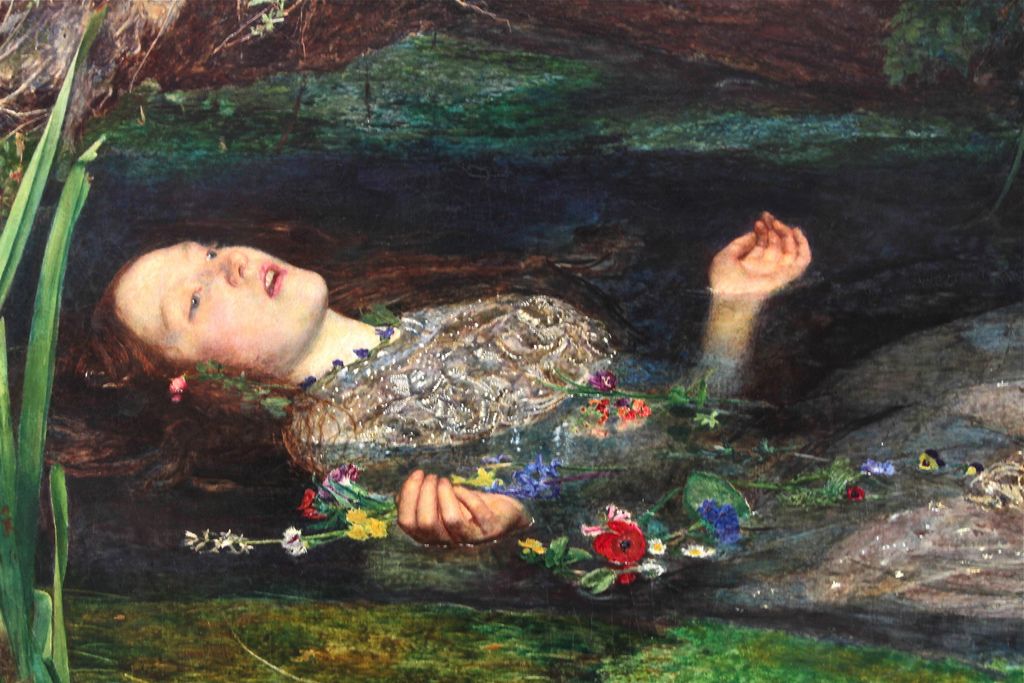
Why do we do it to ourselves? What is it in us that seeks out these horribly depressing movies? We don’t know, but, but guilty. Maybe there’s something about knowing that other people have experienced incredibly hard situations like we have. One of the reasons human beings need stories is that we look to them to know what we’re capable of; even if that thing is just surviving.
But let’s be honest, sometimes these stories plunge us into a category altogether different: gut-wrenching grief. We’re talking about those cinematic moments that sneak up on you, twist your insides, and leave you staring blankly at the credits, wondering if you’ll ever truly recover. These aren’t just sad scenes; they’re emotional earthquakes that redefine what a movie can do to your heart.
So, in case you need a sad story to unwind to, or just to remind you of how deep your feelings run, get ready to dive back into the archives of your emotional memory. We’ve curated a list of films where a character’s departure didn’t just make us tear up, but genuinely ruined our day, leaving an indelible mark on our cinematic souls. Prepare your tissues; you’re going to need them.
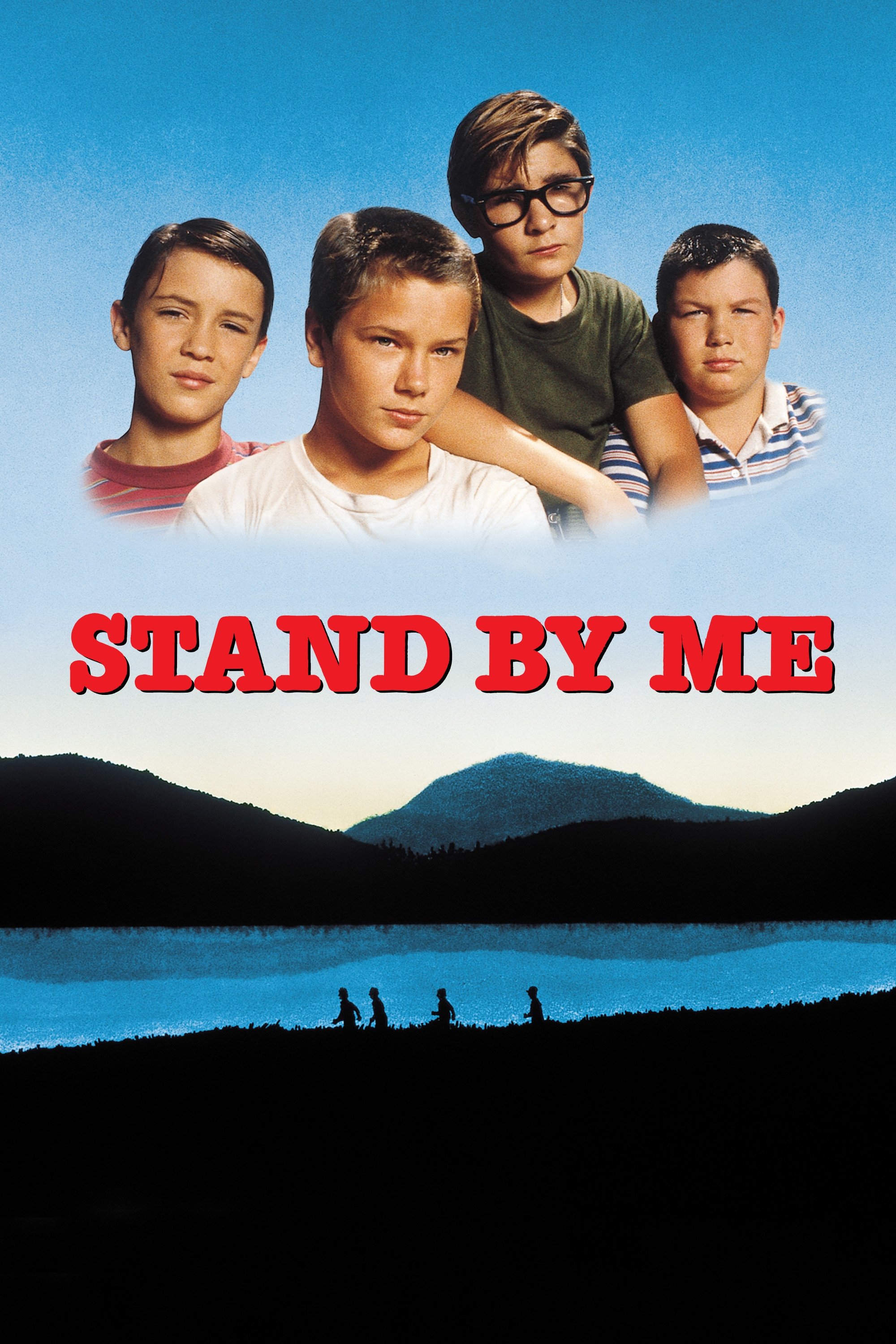
1. **Stand By Me (1986)**Based on Stephen King’s novella, The Body, this drama is FULL of tragedy, and it wastes no time in establishing its profoundly melancholic tone. It centers around four friends embarking on a quest to find the corpse of a boy who was tragically hit by a train while picking blueberries. The casting here is absolutely terrific, with the young actors playing their characters to a tee, drawing you into their world of childhood innocence and impending loss.
The film delivers a particularly crushing blow through the fate of one of the four friends, River Phoenix’s character. He “goes on to become a lawyer to try to make something of his life, only to be stabbed in a fight.” This isn’t just a sudden, violent end; it’s the heartbreaking truncation of a promising future, a life with so much potential brutally cut short, leaving us to mourn what could have been. It’s a moment that resonates with the unfairness of destiny.
Adding another layer of desolation, Wil Wheaton’s character’s brother also dies, and his parents, overwhelmed by their own sorrow, “ignore him and his grief.” This depiction of young people “abandoned in their grief” is incredibly hard to watch, highlighting the devastating ripple effects of loss and the often-overlooked pain of children trying to process immense sadness without proper support. The movie forces us to confront the “thwarted attempts at changing the narrative” of their lives.
“Stand By Me” truly excels at capturing the raw, often unacknowledged sadness of youth, showing how quickly life’s innocent trajectory can be irrevocably altered by cruel twists of fate. These multiple layers of tragedy, from the violent end of one friend’s aspirations to the lonely grief of another, leave a lasting, profound ache long after the credits roll.
Read more about: Beyond the Hype: 14 Critically Panned Sci-Fi Gems You Absolutely Need to See Right Now
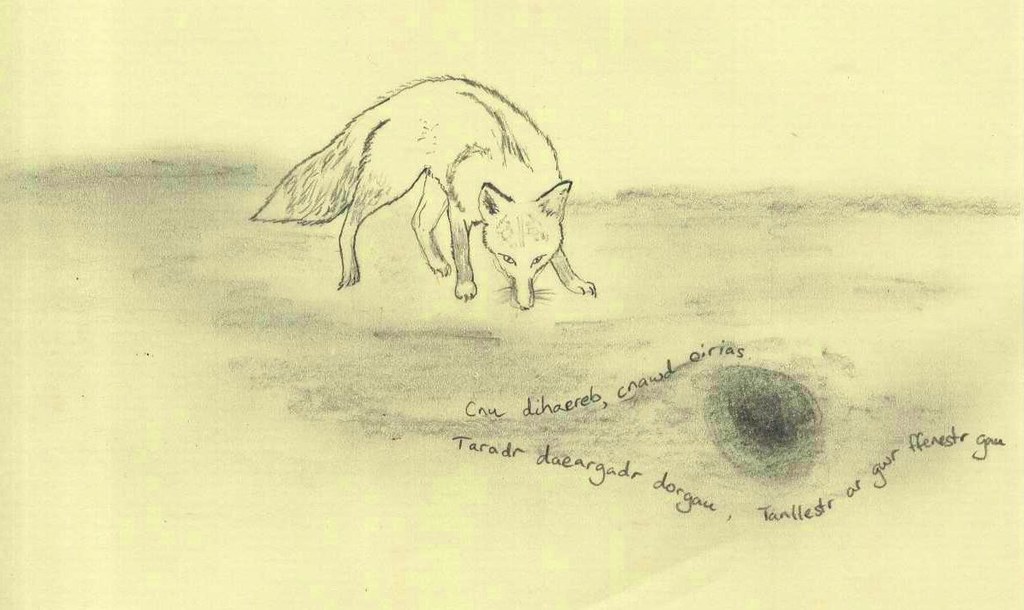
2. **The Fox and the Hound (1981)**Forget what you think you know about most Disney movies; “The Fox and the Hound” ventures into territory far more mature and realistic than its charming animation might suggest. It delivers an ending “that we agree will require tissues,” moving beyond simple happy-ever-afters to explore the bittersweet realities of life, friendship, and loss.
The story begins with the heartwarming tale of Tod, a young fox, befriending a hound dog named Copper. Tod is taken in by a kindly woman after his own mother is tragically killed, setting the stage for a bond of pure, innocent companionship. Their early days are filled with the kind of joy and boundless affection only truly felt in childhood, making their friendship the emotional core of the film.
However, as they grow older, “the world’s reality sets in that Tod is a fox, and Copper is a fox-hunting hound.” This natural, unavoidable conflict, inherent in their very natures, begins to tear their friendship apart. The film masterfully portrays the devastating realization that some bonds, no matter how strong, cannot overcome the harsh, predetermined divisions of the world around them.
While not a human death, the “death” of their pure, unadulterated friendship and the crushing weight of societal constraints imposed on their innocent bond is profoundly gut-wrenching, especially for a children’s movie. It delivers a harsh, early lesson about the unfairness of life and the inevitability of change, leaving a deep sense of sadness for the lost innocence and the bond that could never truly be.
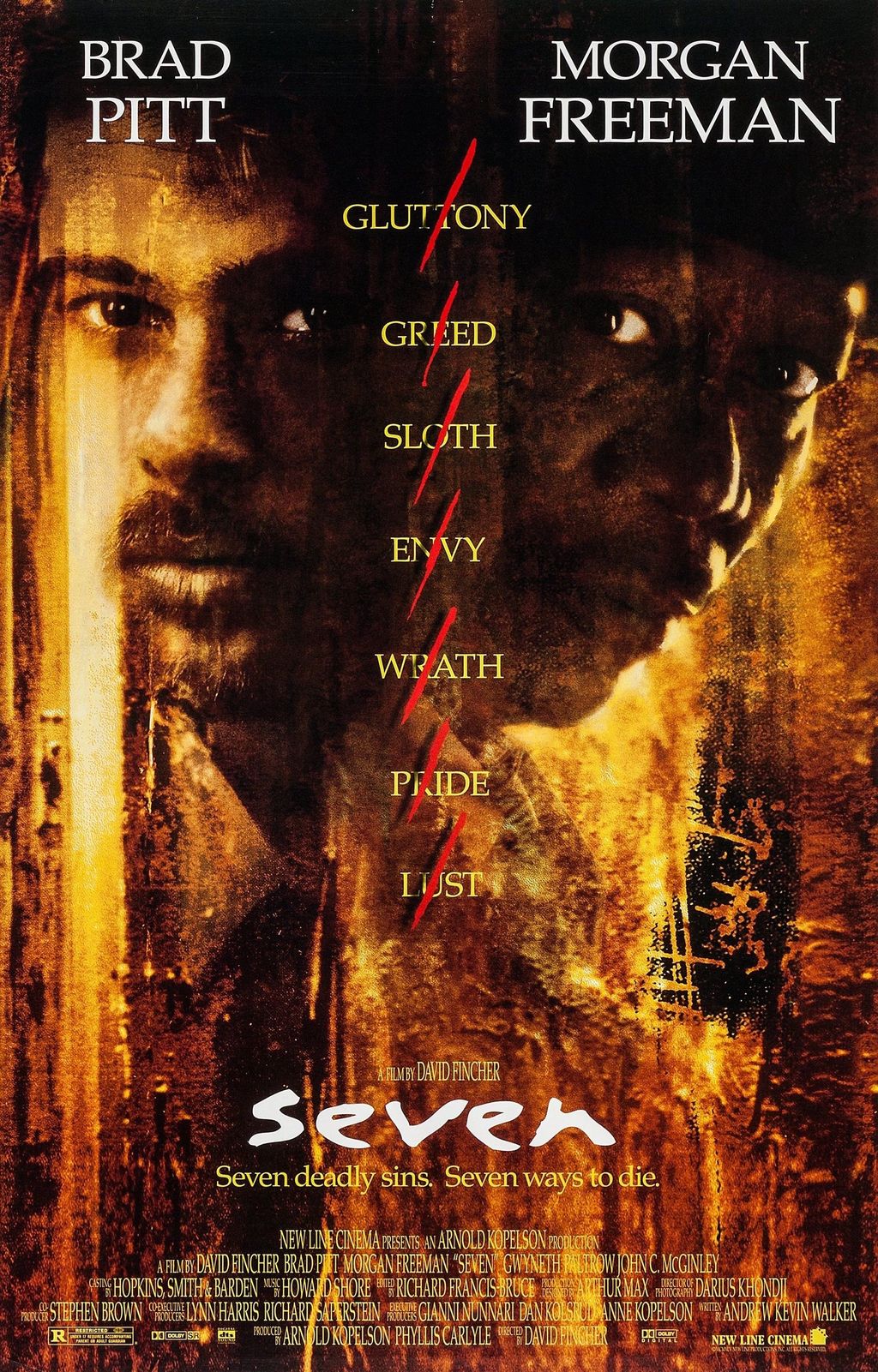
3. **Se7en (1995)**If you’re looking for a movie that doesn’t just make you sad but actively seeks to demolish your sense of hope and order, look no further than “Se7en.” This film is “well-known for having one of the most shocking plot twists in cinematic history,” a revelation so expertly crafted and utterly brutal that it cements the film’s reputation as “a masterpiece in the truest sense.” It’s no surprise it makes its way onto lists of truly unforgettable cinematic moments.
But be warned; the ending of “Se7en” is not merely tragic; it is “as dark as the rest of the movie,” a relentless plunge into the abyss of human cruelty. Unlike other films that might offer a glimmer of redemption through self-sacrifice or a noble stand, “this one hones in on brutality,” choosing to amplify the chilling success of its antagonist’s nihilistic vision rather than offering any solace.
The gut-punch comes in the climax, an agonizing sequence built around an unseen, yet deeply felt, act of violence. The film cleverly withholds the explicit depiction of the ultimate death, allowing the audience’s imagination and the characters’ reactions to conjure a horror far more profound than any visual. It’s a devastating act that shatters Detective Mills’ world and, by extension, the audience’s, leaving a profound psychological scar.
“Se7en’s” ending transcends typical movie tragedies by being utterly bleak and unapologetic in its depiction of evil prevailing. It’s a cynical, chilling conclusion that offers no comfort, no justice, and no light at the end of the tunnel. This is a film that doesn’t just make you cry; it leaves you feeling utterly violated and with a truly, irrevocably ruined day, making you question the very nature of humanity.
Read more about: Can You Solve These? 8 Whodunit Movies That Are Absolutely Perfect From Start To Finish!

4. **Pay It Forward (2000)**”Pay It Forward” starts with such a beautiful, idealistic premise that its devastating conclusion feels like an even harder blow. At its heart is Haley Joel Osment playing “an innocent child who wants to improve the lives of three people around him.” His targets for kindness are his alcoholic mother, his teacher with severe burn scars, and a homeless man, each in desperate need of a helping hand and a fresh start.
The rules of Trevor’s movement are elegantly simple yet profoundly impactful: “you must help three people in a way which they’re unable to help themselves.” Trevor’s sincerity is genuinely “beautiful,” his pure intentions radiating off the screen and inspiring everyone he touches. The film leads us through his earnest efforts, filling us with hope that a chain reaction of goodness can genuinely transform the world.
As the narrative progresses, the film subtly builds an undercurrent of tension, posing the crucial question: “to what lengths will he go to help those in trouble?” And then, with an almost unbearable weight, it asks, “And will it be worth it in the end?” The context implicitly guides us towards a tragic answer, where Trevor’s unwavering commitment to his belief system leads to the ultimate sacrifice.
The death of a character so pure, so driven by altruism, and so full of innocent hope, especially a child, is uniquely devastating. It’s a moment that makes us question the fairness of the world, wondering if genuine goodness is too fragile for its harsh realities. Trevor’s tragic end shatters the hopeful narrative he painstakingly built, leaving audiences with a profound sense of injustice and a day undeniably ruined by his heartbreaking loss.
Read more about: Beyond the Hype: 14 Critically Panned Sci-Fi Gems You Absolutely Need to See Right Now

5. **My Girl (1991)**For many of us who grew up in the 90s, “My Girl” is more than just a classic; it’s a cinematic experience etched into our memories, primarily for “one of the most brutal scenes in cinematic history.” It’s a film that, despite being about two children, manages to portray “unrequited love, self-sacrifice, grief, and healing with tenderness and simplicity.”
This movie earns “a ten out of ten” for its emotional impact, but the caveat is clear: “only if you’re really willing to cry while you watch.” The charm of Vada Sultenfuss and Thomas J. Sennett’s innocent friendship is so endearing, so perfectly captured, that it lulls you into a false sense of security before delivering its crushing blow. Their shared adventures and quiet moments of understanding form the heart of the story.
The “brutal scene” is, of course, the sudden and unexpected death of Thomas J., Vada’s best friend. This moment is not depicted with gratuitous violence but with immense emotional force. The discovery of his fate, particularly given the innocence of the characters and the senseless nature of the accident, feels like a punch to the gut, profoundly impacting both Vada and the audience.
“My Girl” masterfully crafts a narrative where joy and sorrow are inextricably linked, demonstrating how swiftly and unfairly tragedy can strike, especially in young lives. The profound sadness of Thomas J.’s death is magnified by its unexpectedness and the deep bond he shared with Vada, forcing viewers to confront the raw, unfiltered pain of loss. It’s a defining, heartbreaking moment that truly ruins your day and reminds you of how quickly life can change.” , “_words_section1”: “1945
Read more about: Still Crushing It: These 14 Rom-Coms Are the Absolute Gold Standard, and You NEED to Rewatch Them ASAP!
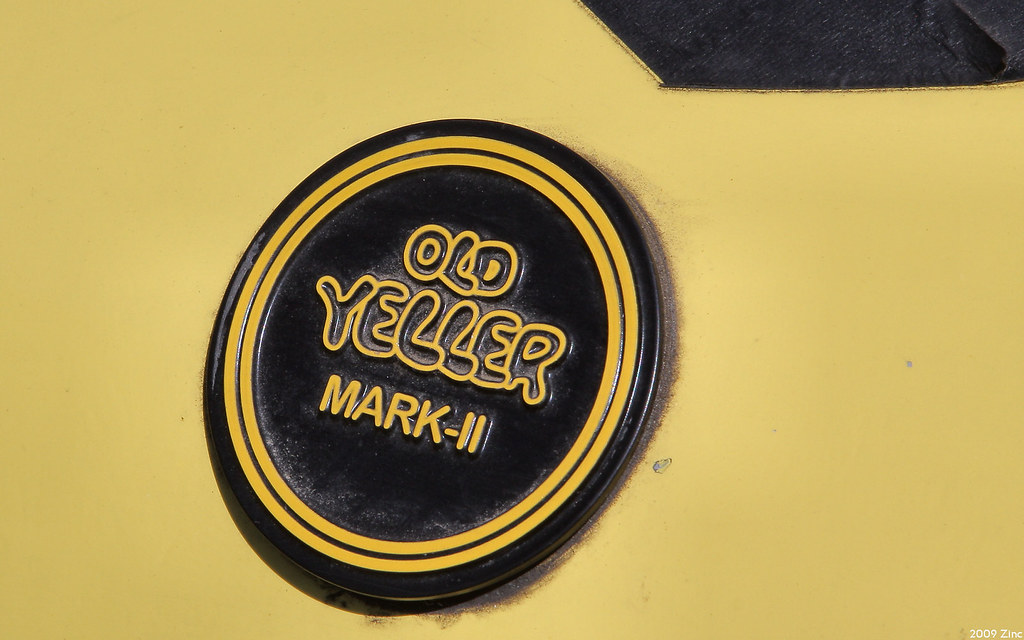
6. **Old Yeller (1957)**For many, ‘Old Yeller’ isn’t just a movie; it’s a rite of passage into cinematic heartbreak. This classic film did ‘a number on a whole generation,’ serving as the definitive introduction to animal-related grief. We’re transported back to 1860, where the Coates family, with their father away selling cattle, brings home a stray dog who quickly wiggles his way into their hearts.
Initially, Travis, the eldest son, is reluctant to accept the scruffy dog, but Old Yeller’s loyalty, bravery, and sheer charm soon win everyone over. He becomes more than just a pet; he’s a protector, a companion, and a beloved member of the family. The bond forged between Travis and Old Yeller, in particular, is one of deep, unquestioning affection, making their story all the more powerful and, ultimately, painful.
But as the film’s context ominously hints, ‘danger is never far, and it isn’t long before tragedy strikes.’ The beauty of their life in the Texas hill country is constantly shadowed by the harsh realities of the wilderness. When Old Yeller contracts rabies after defending the family, Travis is faced with an unimaginable choice that tests his courage and breaks his heart.
The moment Travis raises the rifle, knowing what he must do to protect his family and end Old Yeller’s suffering, is etched into the memories of countless viewers. It’s a gut-wrenching scene that teaches a brutal lesson about love, responsibility, and the unfairness of life, leaving an ache that resonates long after the credits roll. Truly, none of us escaped our first animal-related heartbreak through ‘Old Yeller.’
Read more about: The Rifleman’s Final Chapter: Tracing Chuck Connors’ Life, Legacy, and Cause of Death
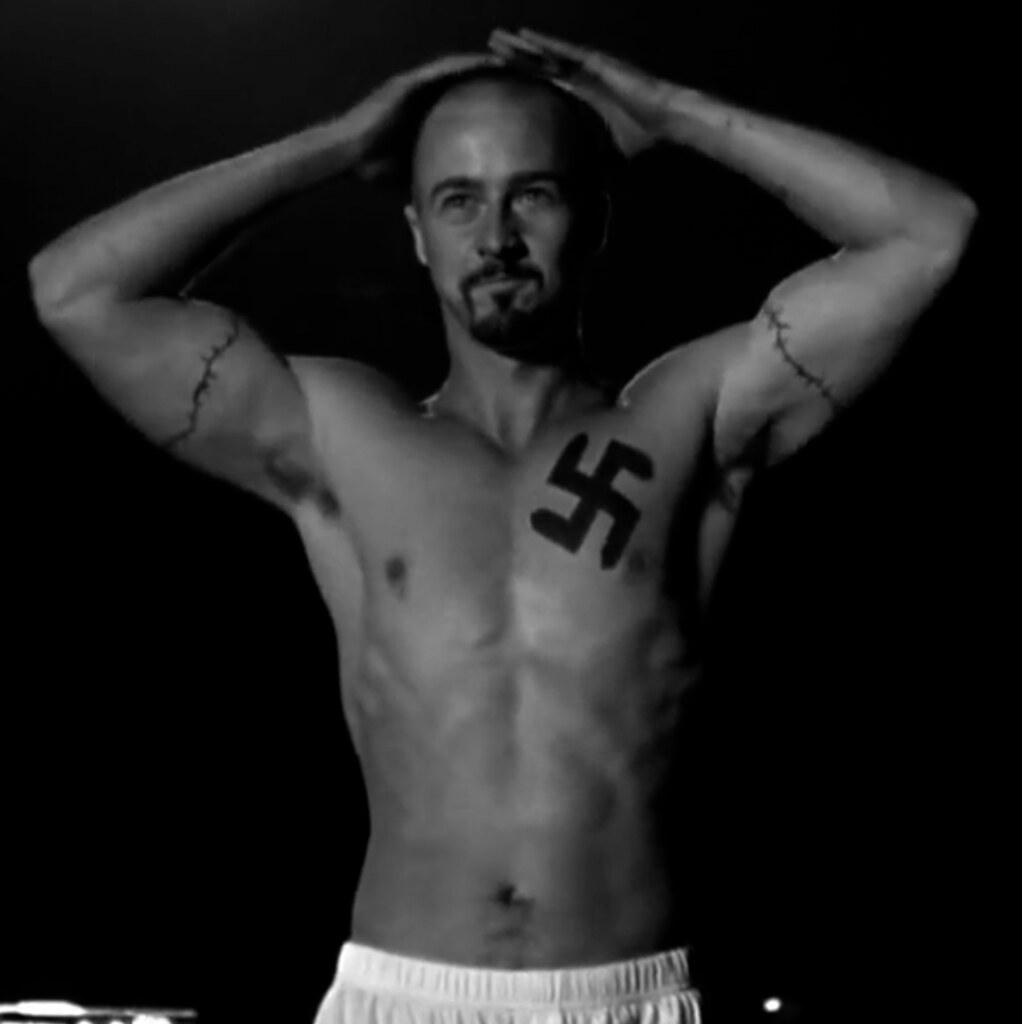
7. **American History X (1998)**’American History X’ is a searing, unflinching look at the insidious nature of hate and the grueling path to redemption, a journey that ultimately ends in devastating tragedy. Edward Norton delivers a powerful performance as Derek, a former white supremacist who, after serving three years in prison, tries desperately to steer his younger brother, Danny, away from the same destructive ideology.
The film masterfully builds tension around the central question: ‘But how far can they get into doctrine and violence before it’s too late to disentangle themselves?’ Derek’s post-prison transformation offers a glimmer of hope, a belief that change is possible, and that Danny can avoid the mistakes that cost Derek years of his life and countless moments of peace. He becomes a symbol of attempted change, fighting against the narrative that consumed him.
Yet, the movie relentlessly pushes the boundary, asking, ‘Will a change of heart change their future?’ The narrative plays with our expectations, leading us to believe that perhaps, just perhaps, Derek’s efforts will succeed. His heartfelt pleas and stark warnings to Danny about the futility and horror of their past actions paint a picture of a possible escape from the cycle of hatred.
The gut-punch, however, comes in the film’s final moments. Despite Derek’s valiant attempts at atonement and guidance, Danny is senselessly killed in a school bathroom by a Black student he had previously antagonized. This brutal, sudden death shatters any lingering hope for a brighter future, leaving audiences with a profound sense of despair. It’s a tragic, ironic end that underscores the devastating, inescapable consequences of hatred, ensuring your day is utterly ruined.
Read more about: Buyer Beware: 14 Cars Notorious for Breaking Down Prematurely, Especially After 100,000 Miles
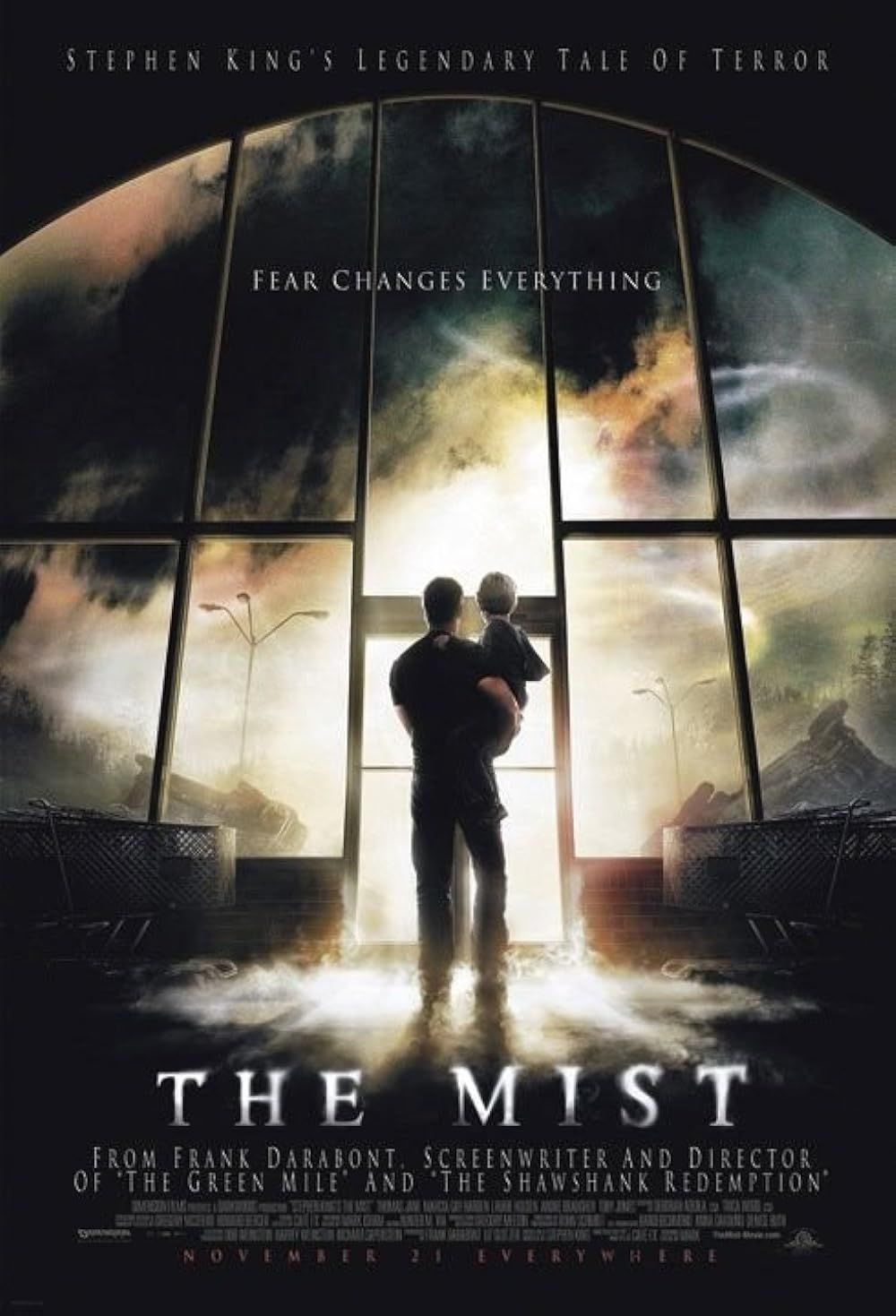
8. **The Mist (2007)**Stephen King adaptations have a knack for getting under your skin, and ‘The Mist’ is no exception. This film dives headfirst into a ‘gloomy and depressing tale of fear vs. hope,’ trapping a group of townspeople, including David and his young son, inside a supermarket as deadly, otherworldly creatures descend upon their town. The characters are truly ‘trapped, with no way of knowing if there is any escape from the mist.’
The narrative brilliantly explores the psychological toll of isolation and fear. As the situation outside deteriorates and the creatures grow bolder, the survivors inside descend into a terrifying ‘moral quandary.’ They grapple with impossible questions: ‘whether it would be better to end their own lives, or to hold on to hope.’ The film becomes a claustrophobic examination of humanity pushed to its absolute breaking point.
The ending of ‘The Mist’ is famously, brutally bleak – a cinematic moment designed to utterly crush any lingering sense of optimism. David, believing there is no escape and desperate to spare his son and the remaining survivors a horrific death, makes an agonizing choice. He shoots them all, including his own son, in a desperate act of mercy.
Just moments after his devastating sacrifice, the U.S. military arrives, clearing the mist and saving those who might have survived. It’s a monumental, soul-crushing twist of fate that leaves David, and the audience, in a state of utter desolation. This cruel irony, the ultimate futility of his desperate act, ensures that ‘The Mist’ delivers a punch that well and truly ruins your day, leaving you questioning everything.
Read more about: Buyer Beware: 14 Cars Notorious for Breaking Down Prematurely, Especially After 100,000 Miles
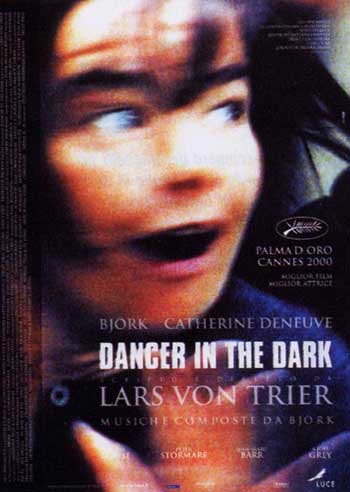
9. **Dancer in the Dark (2000)**Prepare your emotions for a rollercoaster, because ‘Dancer in the Dark’ is a film that demands your full emotional investment and then proceeds to shatter your heart. It follows Selma, a gentle Czech immigrant working in rural America, whose one escape from the harsh realities of life is her vivid imagination, fueled by classic Hollywood musicals. But her world is shadowed by a devastating secret: she’s going blind, and even more tragically, her young son is too.
Selma’s desperate fight against this cruel fate forms the agonizing core of the film. She works tirelessly, saving every penny for an operation that could save her son’s eyesight, all while battling her own deteriorating vision and the prospect of losing her job. The film forces us to witness her incredible resilience and her boundless love, asking us to consider ‘at what cost’ she will secure this salvation.
The narrative then spirals into a series of injustices and misunderstandings that culminate in a truly heartbreaking climax. Through a series of tragic events, Selma is falsely accused of murder and, despite her innocence and her self-sacrificing motives to save her son, she is sentenced to death. Her final moments are a gut-wrenching testament to her unwavering love and sacrifice, performed with a haunting, ethereal beauty.
‘Dancer in the Dark’ isn’t just sad; it’s a relentless exploration of injustice, sacrifice, and the crushing weight of a system that fails the innocent. The film leaves an indelible mark, demonstrating the profound depth of a mother’s love and the devastating consequences of societal indifference. It’s a cinematic experience that will undoubtedly leave you reeling and emotionally drained, solidifying its place on any list of movies that absolutely ruin your day.
Read more about: John Travolta: Beneath the Smile, A Deep Dive into Decades of Controversy and Shady Allegations

10. **Bridge to Terabithia (2007)**’Bridge to Terabithia’ is one of those movies that lures you in with childhood wonder and vibrant imagination, only to deliver an emotional blow that stays with you long after the credits. We meet Jesse, a lonely young boy who dreams of being an artist and yearns for appreciation within his crowded family. His world changes with the arrival of Leslie, a new girl at school, who is spirited and imaginative, quickly becoming his closest friend.
Together, Jesse and Leslie discover a magical world in the woods behind their homes: Terabithia. This fantastical realm, brought to life by their shared creativity, becomes their sanctuary, a place where they are king and queen, battling imaginary foes and experiencing adventures ‘full of magic and wonder.’ Their bond is pure, strong, and deeply relatable, portraying the kind of innocent, profound friendship that truly captures the heart.
Their daily returns to Terabithia cement their friendship and provide a beautiful escape from their everyday lives. The film beautifully captures the essence of childhood imagination and the power of connection. This build-up of joy and wonder makes the tragedy that follows even more impactful, creating a stark contrast that amplifies the emotional devastation.
The film takes a sudden, shocking turn when, as the context subtly hints, ‘Until one day, Jesse doesn’t’ go to Terabithia with Leslie. Leslie goes alone and tragically drowns in a swollen creek, a devastating, unexpected loss that shatters Jesse’s world. It’s a ‘heart-achy film about children and grief’ that doesn’t shy away from the raw, unfair pain of sudden loss, leaving audiences heartbroken and reminding us just how quickly life can change. You’ll definitely want tissues for this one.
And there you have it, folks – our definitive list of cinematic moments that didn’t just make us tear up, but genuinely ruined our day. These aren’t just movies; they’re emotional experiences that burrow deep into our souls, reminding us of the fragility of life, the depths of human emotion, and the incredible power of storytelling. Whether it’s the quiet tragedy of an animal’s sacrifice or the brutal injustice inflicted upon an innocent soul, these films leave an indelible mark, prompting reflection and perhaps a much-needed cathartic cry. We might not know why we seek out these gut-wrenching stories, but we can’t deny their profound impact. So, grab another tissue, hug your loved ones, and perhaps reflect on which movie deaths have haunted your own days. These tales of sorrow, after all, are a part of what makes us feel so deeply, and connect so intensely with the magic of the silver screen.

